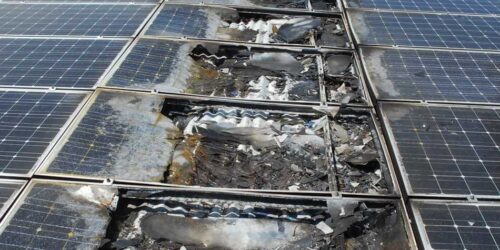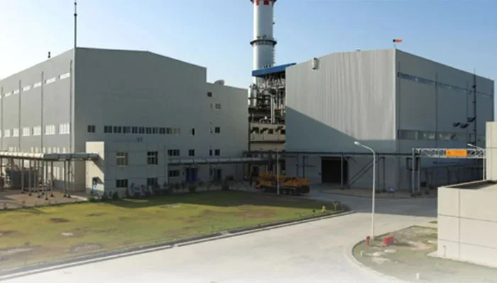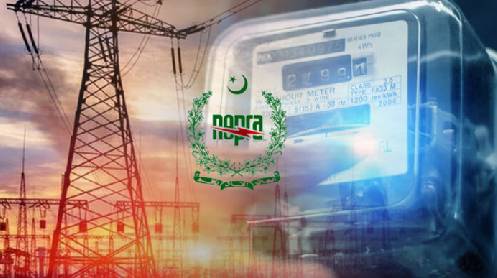More than 2.68 million rooftop solar PV systems have now been installed in Australia. But REA Global Director Michael Mrowka has declared that changes to national installation standards are urgently needed in order to defuse a “ticking time-bomb” created by unsafe and poorly designed solar installations.
Mrowka said rooftop solar safety standards, particularly those relating to the controversial DC isolators that were mandated in Australia in 2012, have not kept pace with technology and industry changes.
“One example is the AS/NZS 5033 standard that mandates rooftop solar isolators, which have become the largest single cause of solar fires in recent years,” he said. “Combine that with low-cost Chinese products that can be quite dangerous as they age, especially when poorly installed, and you have a ticking time-bomb that can cause electrical shorts and fires.”
Standards Australia has launched a review of AS/NZS 5033. The draft standard has received more than 680 submissions during the public comments stage, which closed last month.
Mrowka told pv magazine that an update on the installation and safety requirements standard is expected in December. But he is far from confident it will deliver the changes the industry is seeking.
“The safety issue is very difficult because governments have given out so many rebates for what may be potential fire hazards that this could be another pink batts installation debacle,” he said, referring to a government-funded insulation scheme that was abandoned in 2010, following the death of four workers and a string of house fires.
Founded in 2006, REA Global designs and installs solar PV energy generation and storage systems for residential and commercial customers. It installs an estimated 15,000 modules per year. The Brisbane-based company also designs and manufactures solar modules and is progressing plans to establish offices in New South Wales and Victoria.
“We’ve been part of the industry for 14 years and 10 years of that as an EPC company designing, installing and maintaining solar systems,” Mrowka said. “We’ve seen a lot of industry changes and one of the biggest issues in the industry is the application of the current technology which is critical. We’ve got a fundamental flaw where higher voltage systems are being installed with DC rooftop isolators that are not fit for purpose.”
Data provided by the Clean Energy Regulator (CER) shows that more than one in four Australian homes have rooftop solar modules. The market is now on track to eclipse all previous records in 2021. However, that uptake has delivered unintended consequences, with Fire and Rescue NSW statistics showing that PV-related fires have increased fivefold over the past five years.
Isolation switches have been blamed for causing almost half of solar module fires. Mrowka is one of many in the industry who is lobbying against their mandated installation, declaring that the safety mechanism has caused more harm than good.




